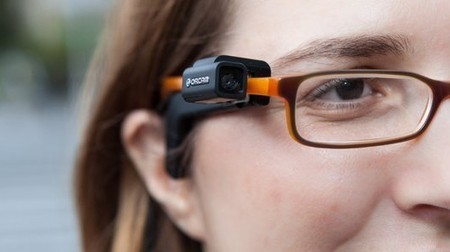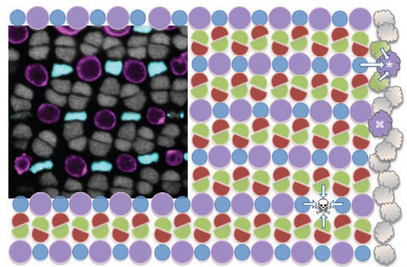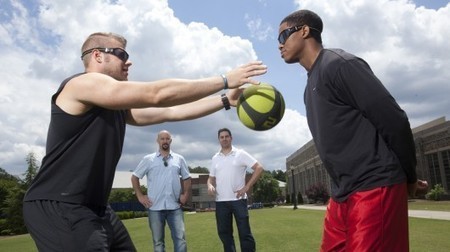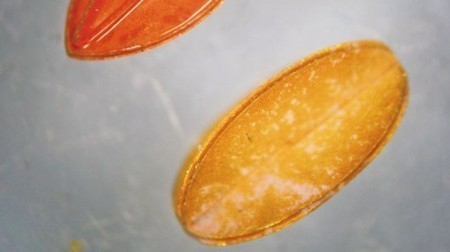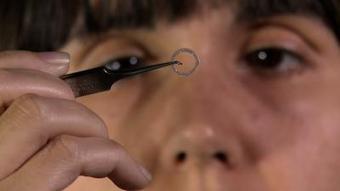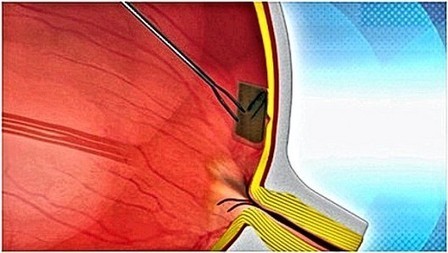The OrCam is a small camera linked to a very powerful wearable computer. It sees what you see and through your finger-pointing understands what information you seek, relaying auditory feedback through a bone conduction earpiece. Using an intuitive user interface, the device can read text, recognize faces, identify objects and places, locate bus numbers and even monitor traffic lights.
Research and publish the best content.
Get Started for FREE
Sign up with Facebook Sign up with X
I don't have a Facebook or a X account
Already have an account: Login
Live longer in good health and you will have a chance to extend your healthy life even further
Curated by
Ray and Terry's
 Your new post is loading... Your new post is loading...
 Your new post is loading... Your new post is loading...
|
|




